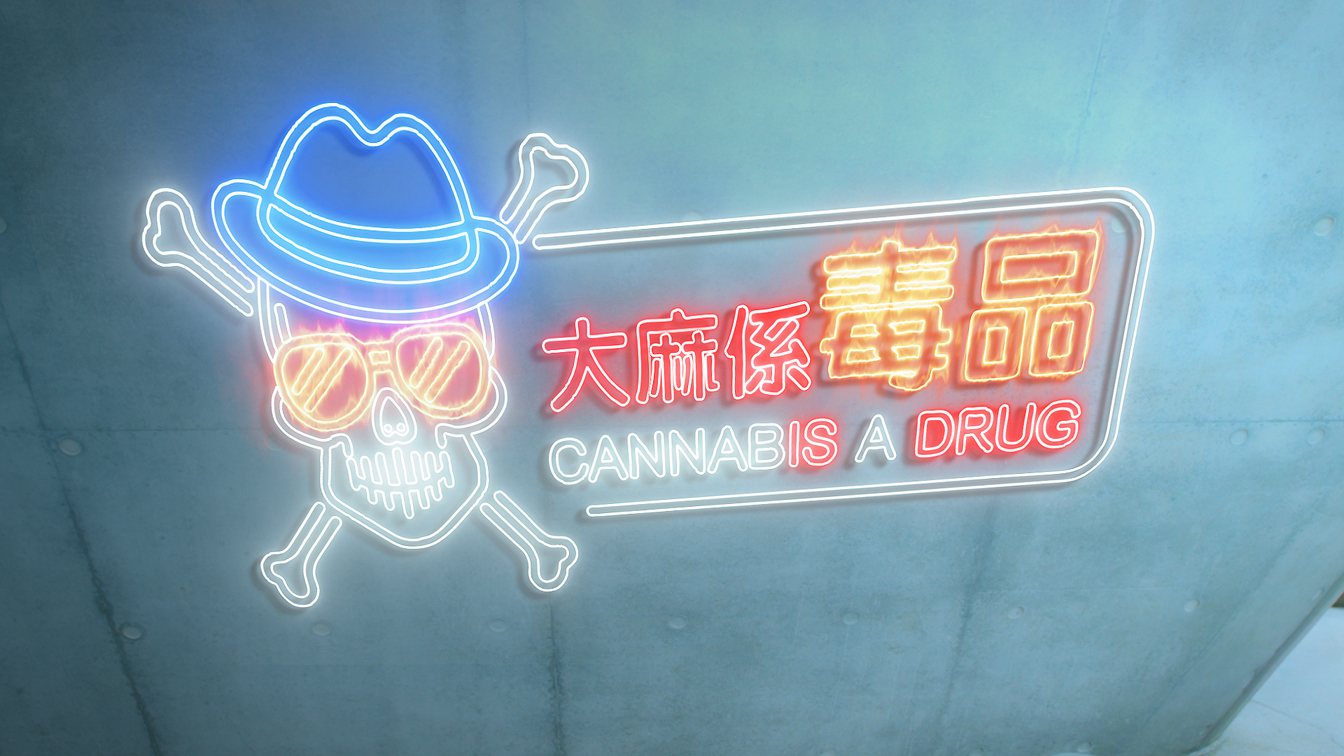Cannabis is a drug
Cannabis

- Cannabis is a drug.
- Cannabis plant contains numerous types of chemical compound called "cannabinoids", e.g. THC, CBD.
- THC (Tetrahydrocannabinol) is the major cannabinoid in cannabis plants causing psychoactive ("high"), harmful effects and addiction.
- In addition to cannabis plant, there are synthetic cannabinoids which are substances produced in the laboratory having similar effects to THC or other cannabinoids contained in a cannabis plant.
- Street name: "marijuana", "hash", "grass", or "weed", etc.
Harms of Cannabis

- Intoxication, with disturbed consciousness, cognition, perception, affect or behaviour, and psychophysiological functions
- Panic attacks, hallucinations and vomiting (in a minority of first-time users)
- Impairment of driving and an increased risk of road traffic injuries(1.3–2.0-fold)
- Possible triggering of coronary events in younger cannabis smokers
- Adverse effects on the fetus if a mother smokes cannabis during pregnancy
- Dependence (the risk is 1 in 10 among those who have ever used it, 1 in 6 for adolescent users and 1 in 3 for daily users)
- More severe and persistent negative outcomes among adolescents than among adults
- A dose-response relationship between cannabis use in adolescence and the risk of developing psychotic symptoms or schizophrenia in young adulthood
- Increased risk of early school leaving, cognitive impairment, illicit use of other drugs, depressive symptoms and suicidal ideation and behavior (when cannabis is used daily in adolescence and young adulthood)
- Chronic and acute bronchitis and injury to bronchial lining cells
- Myocardial infarctions and strokes in young cannabis users
- An increased risk of cancer and other respiratory diseases if used with tobacco
- Testicular cancer (the link requires further investigation) smokers
Know More
Video & TV Programme

Anti-drug Video Clip
Promotional video about drug trafficking traps (Chinese only)

API
Cannabis is a drug
(No doubt smoking weed hurts you)

.png)



















